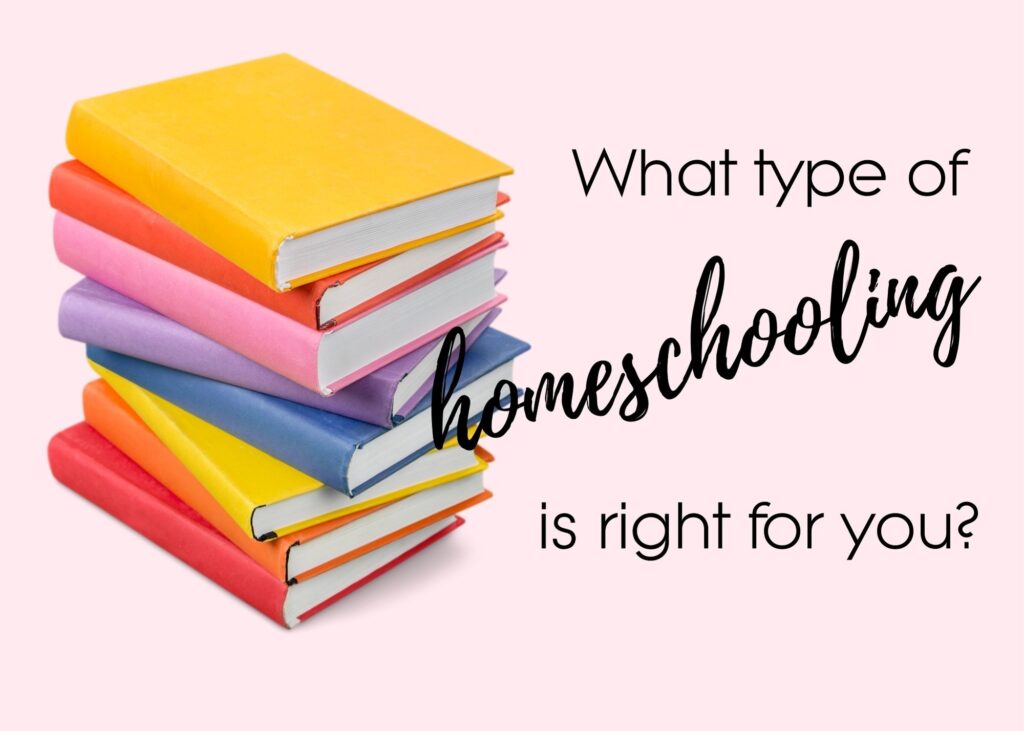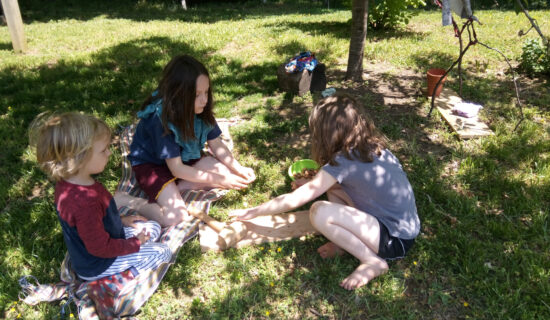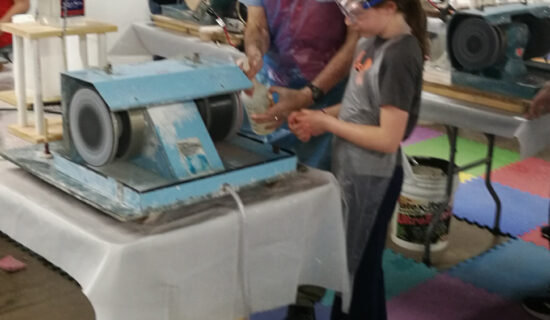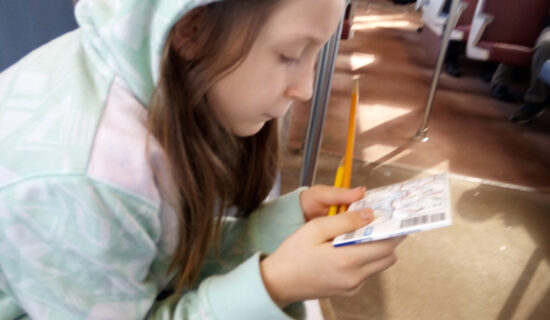
School at Home (Traditional)
This is what most people think of when they think of homeschoolers, and in fact is probably used more than any other type. Parents take the schedule and curriculum that traditional schools use and just downsize it for their family, with personal adjustments. There are text books and workbooks and subjects. These families use a variety of materials, including curriculum, manipulatives, and field trips. They usually have a basic school day schedule they follow and it includes instructional time with the parent.
Classically-Based Homeschooling
Classical homeschoolers base their education on time-tested classical instruction that teaches children how to learn, think, analyze, and reason. Based on methods that go back to Plato and Aristotle, it is at the roots of the American educational system. True Classical education is very rigorous and uses history, moral virtue, Latin, and civic understanding as a basis for all learning. It’s very language heavy, with a considerable amount of memorization, so good for children with a strong linguistic intelligence.
Method-Based: Charlotte Mason, Waldorf, Montessori
There are a number of specific educational formulas that come to us from a specific philosophy. Some homeschool families base their schooling around one of these. Here are the three most commonly used. Montessori classrooms operate with a set of teacher-designed work areas that a child selects from and is allowed to work at uninterrupted for a block of time. It’s based on real-world, hands-on learning. Many families use Montessori principles in their homeschooling, especially for early elementary learners. Waldorf homeschoolers are similar but use lots of unstructured play time with natural materials and the natural world. Music is important in Waldorf education and technology is considered a no-no until high school. Charlotte Mason wasn’t a fan of textbooks and wanted schooling to be respectful of a child’s capable personhood. This method uses short lessons, dictation, scripture, art, music, and nature study with the hope of establishing good habits and teaching the child to think.
Project-Based Homeschooling: Unit or topic based
Some homeschoolers have school-at-home but focus on one big topic at a time, making everything they do revolve around that topic. In unit studies, if the topic was WWII, for example, the family would learn in-depth about WWII through doing all or most of their subjects in relation to it. For math they might look at statistics from the war, for music they’ll learn a song written about the war or popular at the time, etc. This is sometimes called inquiry-led, delight-directed, or interest-led learning and can be very effective for children who attach to a certain topic. Project-based homeschooling is similar, except that there’s not as much of an attempt to make sure all the subjects are included. The student designs a project that might not be centered on a ‘school topic’ and works on it the way an adult plans a big party, writes a book, or changes standard operating procedures.
Unschooling
Unschooling has become more popular in the last few years! What it looks like exactly varies enormously. The idea behind unschooling is that people are naturally curious and of course want to learn. Parents work as facilitators while the child leads all the learning activities. For some unschoolers, classes of any kind are unacceptable. Others get workbooks, do some teaching, or enroll their children in classes–as long as the child is driven to do it. This philosophy sees living as learning and considers the best learning to be that which the child selects.
Mix + Match: Eclectic Homeschool
If none of those options fit well, families will put two or more styles together. A common theme is unschooled, but school-at-home for math. Some families are very Waldorf until age 7 or 8, and then go full school-at-home! Some families use project-based learning for one child and classically-based materials for another. The beauty of homeschooling is that you can adapt to your child’s and family’s needs, even in a single year.
Travel School: Roadschooling + Worldschooling
Some homeschool families, especially since 2020, are doing their schooling on the road! These families, for a block of time or permanently, set out to explore the world and do their schooling as they go. They have to be associated with a home state and follow the home state’s homeschool laws, but are otherwise free. These families choose also choose one of the above ways to ‘do school,’ whether it’s unschooling (maybe just traveling together) or school-at-home (carrying their books with them wherever they go!)
Learner-Led Homeschooling
This website, and my passion, are about learner-led homeschooling that ends up being a mix and match of project-based work and unschooling with an occasional dash of school-at-home. If that sounds good to you, join me for a monthly round up of ideas and resources!


